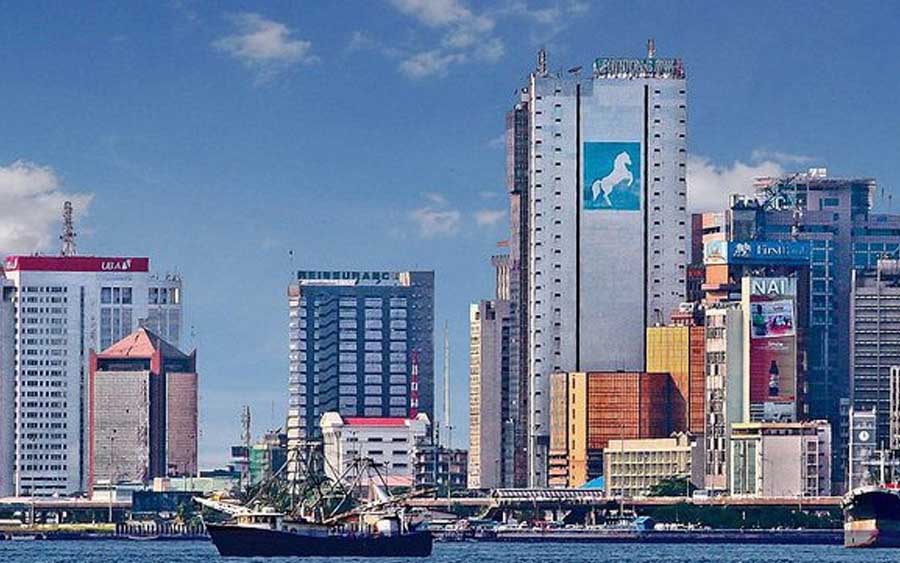Company News
Nigeria’s Oldest Companies Defy Odds, Thrive Through Decades of Turmoil
With over 125 years of operation, First Bank has weathered numerous storms, including economic downturns, political unrest, policy changes, and financial crises.

In the face of economic challenges, political uncertainties, and global crises, a select group of companies in Nigeria has defied the odds, standing tall for over six decades.
These resilient businesses have weathered military coups, civil war, economic booms and busts, and even the recent COVID-19 pandemic and Russia-Ukraine conflict. Their ability to adapt, innovate, and diversify has been key to their enduring success.
Topping the list is First Bank of Nigeria Limited, a financial institution with a remarkable history dating back to 1894. With over 125 years of operation, First Bank has weathered numerous storms, including economic downturns, political unrest, policy changes, and financial crises.
Following closely is John Holt Plc, which established its presence in Nigeria in 1897. The company’s diverse business units, ranging from engineering to property development, have contributed to its longevity and adaptability.
Union Bank of Nigeria Plc, tracing its roots to 1917 as Colonial Bank, claims the third spot on the list. The bank has undergone transformative changes, including ownership transfers to Nigerians, which have contributed to its resilience over the years.
Royal Exchange Plc, founded in 1921, and Unilever Nigeria Plc, known initially as Lever Brothers (West Africa) Limited in 1923, also feature prominently among Nigeria’s oldest surviving companies.
UAC of Nigeria Plc, incorporated in 1931, and Shell Petroleum Development Company, the pioneer oil company in Nigeria since 1937, continue to thrive despite the country’s ever-evolving economic landscape.
May & Baker Nigeria, established in 1944, and Wema Bank Plc, founded in 1945, have also demonstrated remarkable endurance in Nigeria’s business landscape. United Bank for Africa Plc (UBA), established in 1949, and Julius Berger Nigeria Plc, a construction giant founded in 1950, round out the list of resilient companies.
Aero Contractors, established in 1959, and Sterling Bank Plc, formerly known as NAL Bank, which began operations in 1960, have proven their mettle over the decades.
These companies have successfully weathered economic storms by adapting to changing market conditions and diversifying their operations. They have invested in innovation and placed a strong emphasis on providing quality products and services, all while navigating the challenges unique to doing business in Nigeria.
Experts attribute their success to factors such as strong management teams, a focus on innovation, and commitment to quality.
However, they acknowledge that Nigeria’s business environment poses formidable challenges, requiring companies to overcome various constraints to achieve longevity.
Some of these challenges include weak consumer purchasing power, supply chain disruptions, and the inability to innovate or adapt to change.
Also, factors such as poor power supply, bad roads, exorbitant levies, administrative bottlenecks, and inadequate regulations have hindered the growth and survival of many companies, leading to their eventual closure.
While some businesses, like the defunct Kingsway Stores and A.G Leventis, have succumbed to these challenges, Nigeria’s oldest companies continue to stand tall, a testament to their resilience, adaptability, and unwavering commitment to success.
In a country where the “pain of doing business” often overshadows the ease of doing business, these enduring companies serve as beacons of hope, inspiring future generations of entrepreneurs to persevere and thrive against all odds.